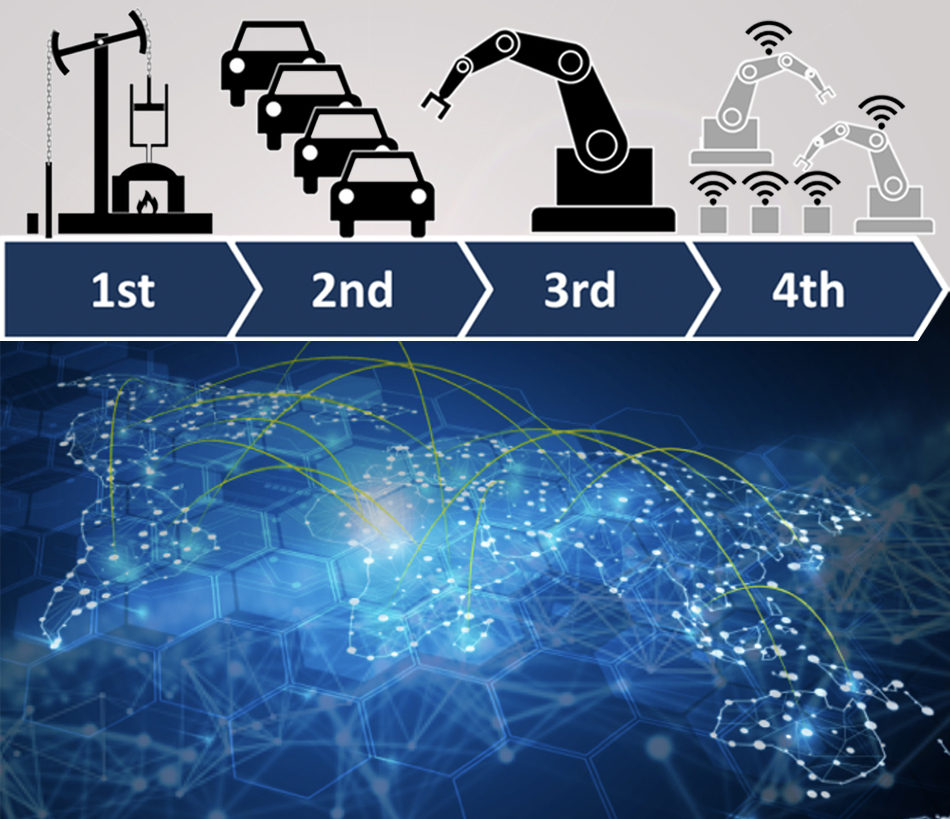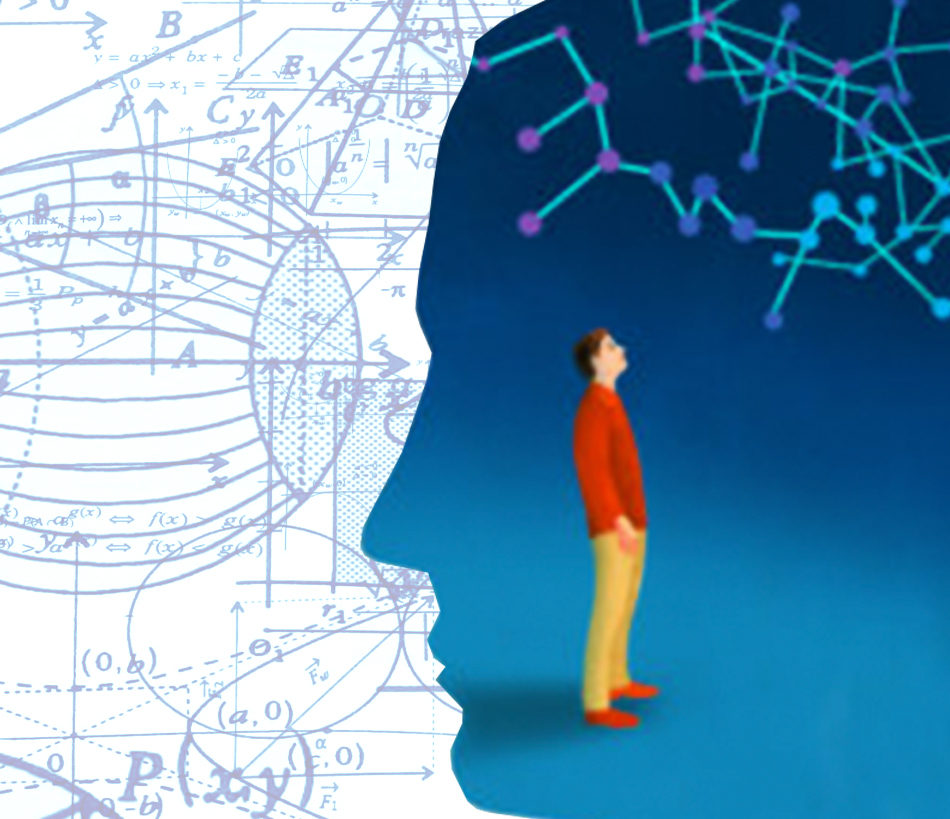World Economic Forum In collaboration with McKinsey & Company After a decade of stagnated productivity, the Fourth Industrial Revolution is expected to create up to $3.7 trillion in value by 2025. Technologies such as the internet of things, advanced robotics, artificial intelligence, and additive manufacturing are already helping to generate net productivity increases. However, to […]
Read moreViewing posts from : February 2019

Feb 12, 2019
The Next Economic Growth Engine Scaling Fourth Industrial Revolution Technologies in Production

Your three-pound brain runs on just 20 watts of power — barely enough to light a dim bulb. Yet the machine behind our eyes has built civilizations from scratch, explored the stars, and pondered our existence. In contrast, IBM’s Watson, a supercomputer that runs on 20,000 watts, can outperform humans at calculation and “Jeopardy!” but […]
Read more
As leaders around the globe investigate how to leverage the benefits of blockchain technologies, security is often a primary concern. They may be aware of the many security benefits inherent with a blockchain, such as cryptography, immutability, decentralization. But questions remain, such as: what is the best approach to blockchain as a technical problem? How […]
Read more

Recent Comments